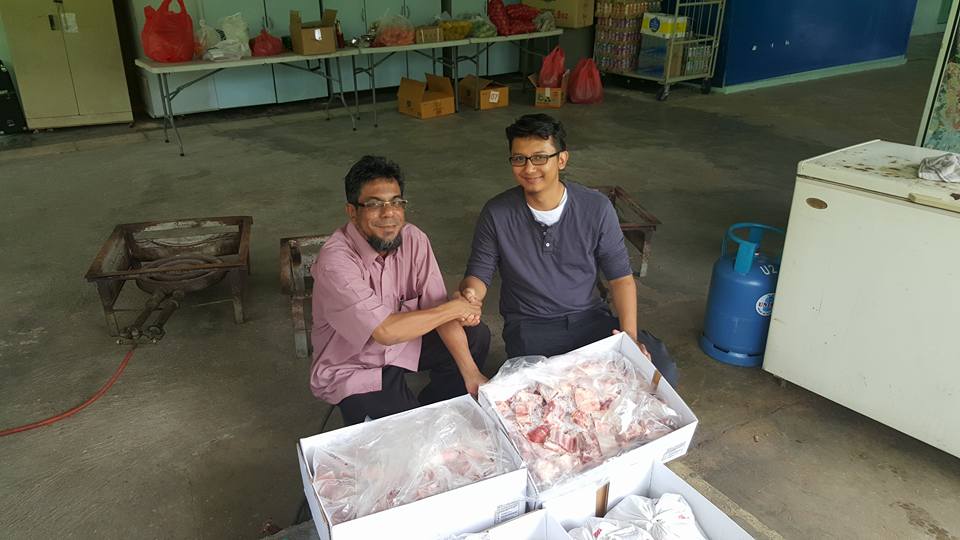Imagine this:
Your whole extended family is at a gathering – say, a birthday party – uncles, aunts, babies, sisters, brothers-in-law, everyone. You are having a good time, the cake is about to be cut and all of you are preparing to sing “Allah selamatkan kamu.”
Then you hear a crash, a scream, and one of your elder relatives is on the floor, clutching his heart, eyes open wide and frantic. Someone attempts CPR. Someone else gathers all the children and places them in their rooms; the men attempt to calm their hysterical wives down. You are left to watch, dumbstruck and in a mixed state of denial and confusion – until someone yells at you to call the ambulance.
You fumble with the phone as you attempt to remember the number, and then press dial. In the few minutes that it takes for the ambulance to come you can’t help but wonder if you were quick enough, decisive enough. You want desperately for your relative to be okay.
But he’s not. He passes en route and is now being held at the hospital. If the emotions were tense before it becomes worse now – the crying, the praying, the sudden heavy responsibility you feel as a family member of someone who had just been called back to God.
If remembering the number for the ambulance had been such a struggle; what more the number for the funeral services? What about the scare of post-mortem? What about insurance, bills? The informing of the deceased’s family and friends?
And still the doubts of your previous actions nag at you at the back of your head: “Did I do the right thing?”
————————————————————————————————————————————————–
Death is inevitable. It will happen to your friends, your colleagues, your family, and to you. If death were to come knocking suddenly (which most of the times, it does) would you, as a daughter or a son or a father, know what to do? Who to call? What to prepare? What loose ends should be tied up?
In Islam, as everything, there are very specific ways and methods in which to care for the ones who have passed. However, complications can arise when emotions get in the way of thinking clearly. There may even be a few things that may not be necessary in preparation for the deceased but appear to be vital to us in the process due to certain practices in our culture and tradition. While not entirely wrong, some times this can cause unwanted friction between family members with differing opinions, at the cost of wasting precious time for the departed.
Allowing idle time to pass with no good reason is highly discouraged in the funeral processes for Muslims, as narrated by the prophet Muhammad (S.A.W.): “Hasten with the Janazah (funeral), for if it is a good one, bliss is awaiting it, and if it is otherwise, you will be putting down wickedness off your necks.” [Reported by Imams Bukhari and Muslim].
When (and not if) the time comes, will you be prepared and clear on the steps and choices to make, in such a time of pain and trial?
There is always room for more knowledge, and for something as imminent and serious as the death of a Muslim, thorough understanding is key.
“The capacity to learn is a gift; the ability to learn is a skill; the willingness to learn is a choice.” – Islamic Thoughts
For a more detailed and in-depth awareness on Islamic rituals, do attend the Islamic Funeral and Death Rites Course taking place on the 20th of July 2013 at Sultan Mosque’s Auditorium. Click on the poster for more details regarding this very comprehensive 2-day course on proper funeral management by IslamicEvents.sg and Pengurusan Jenazah Sinaran Baharu (PJSB).










